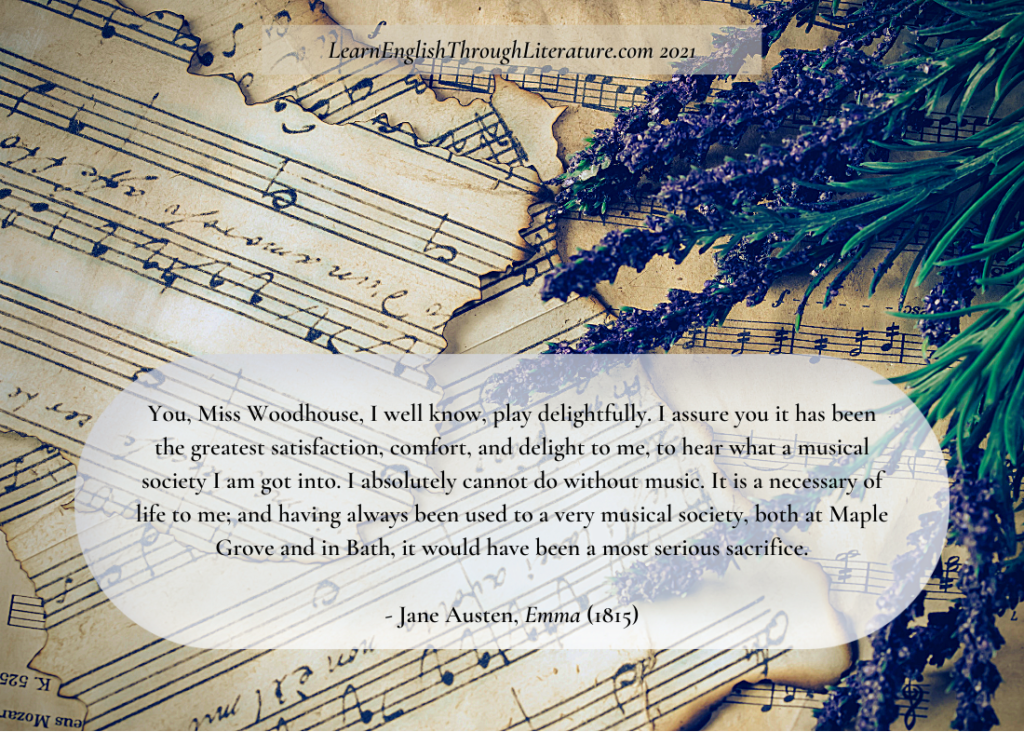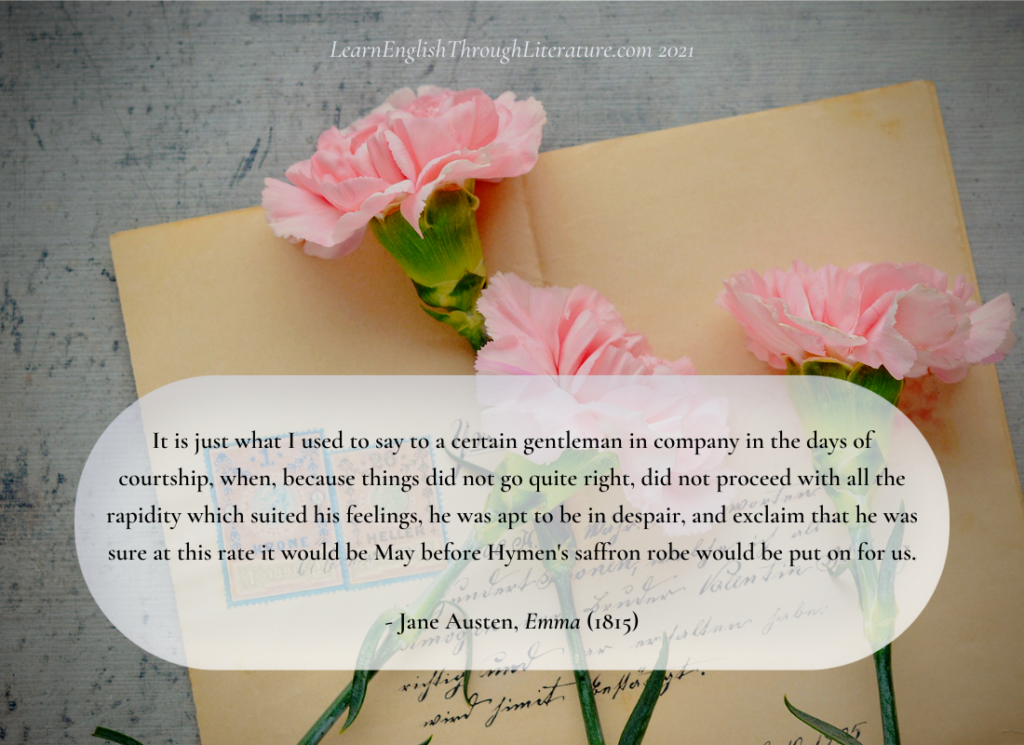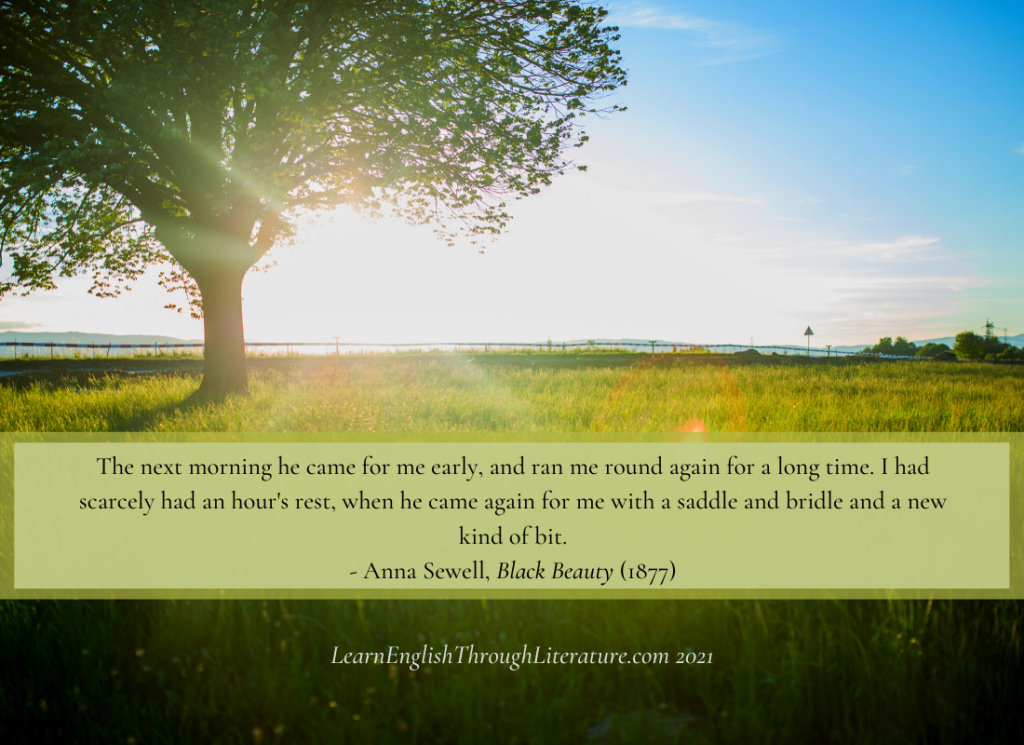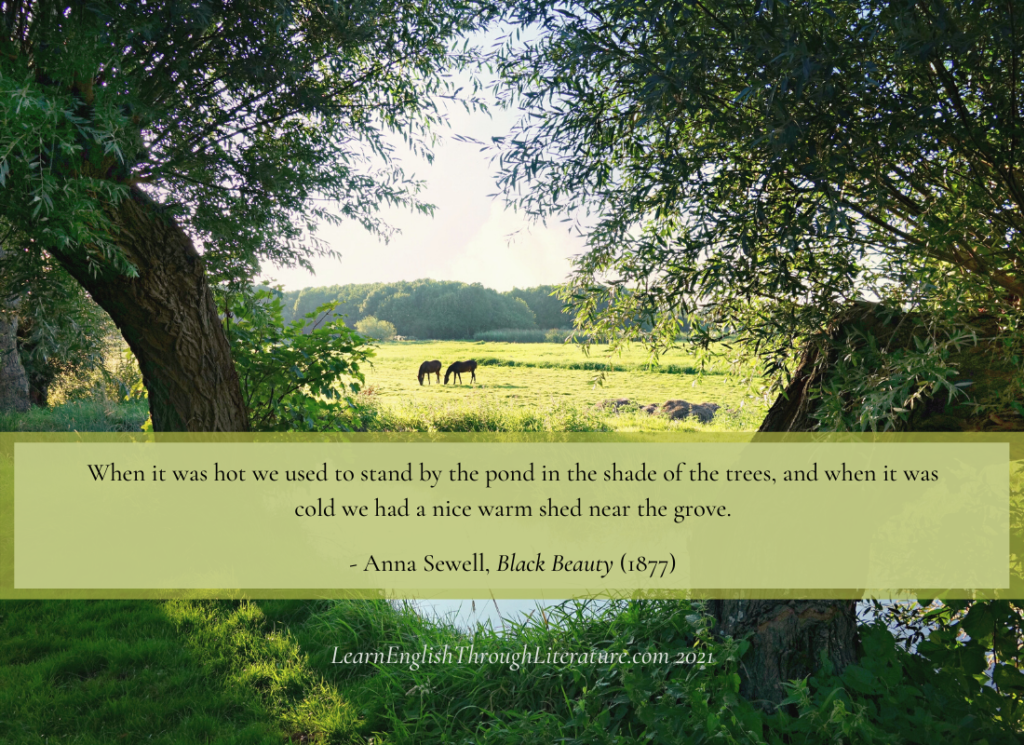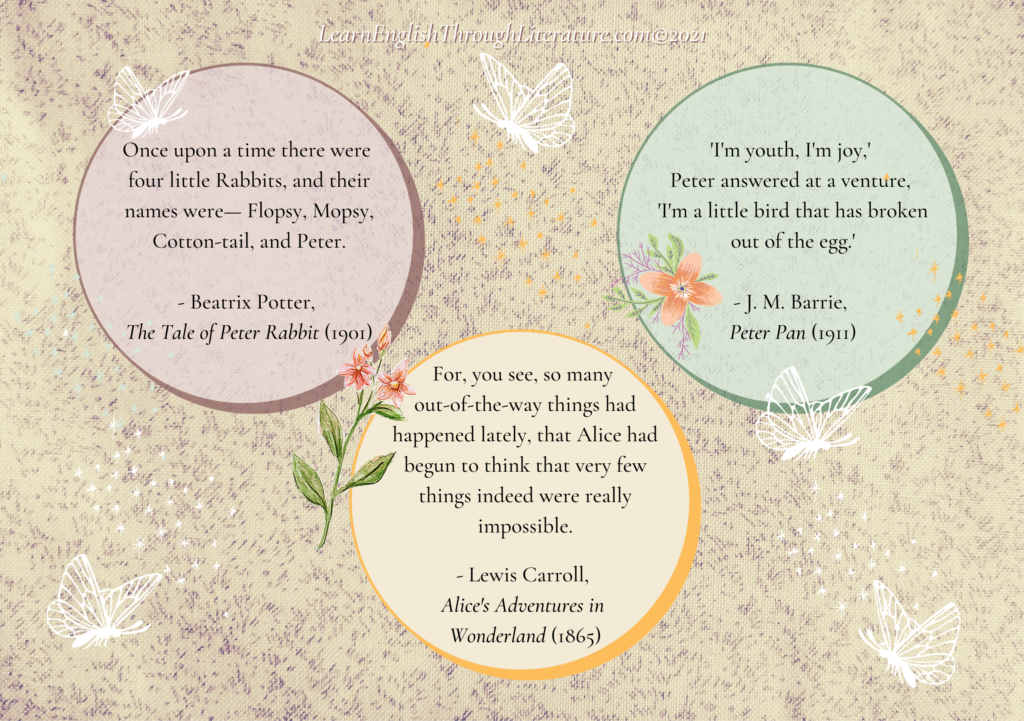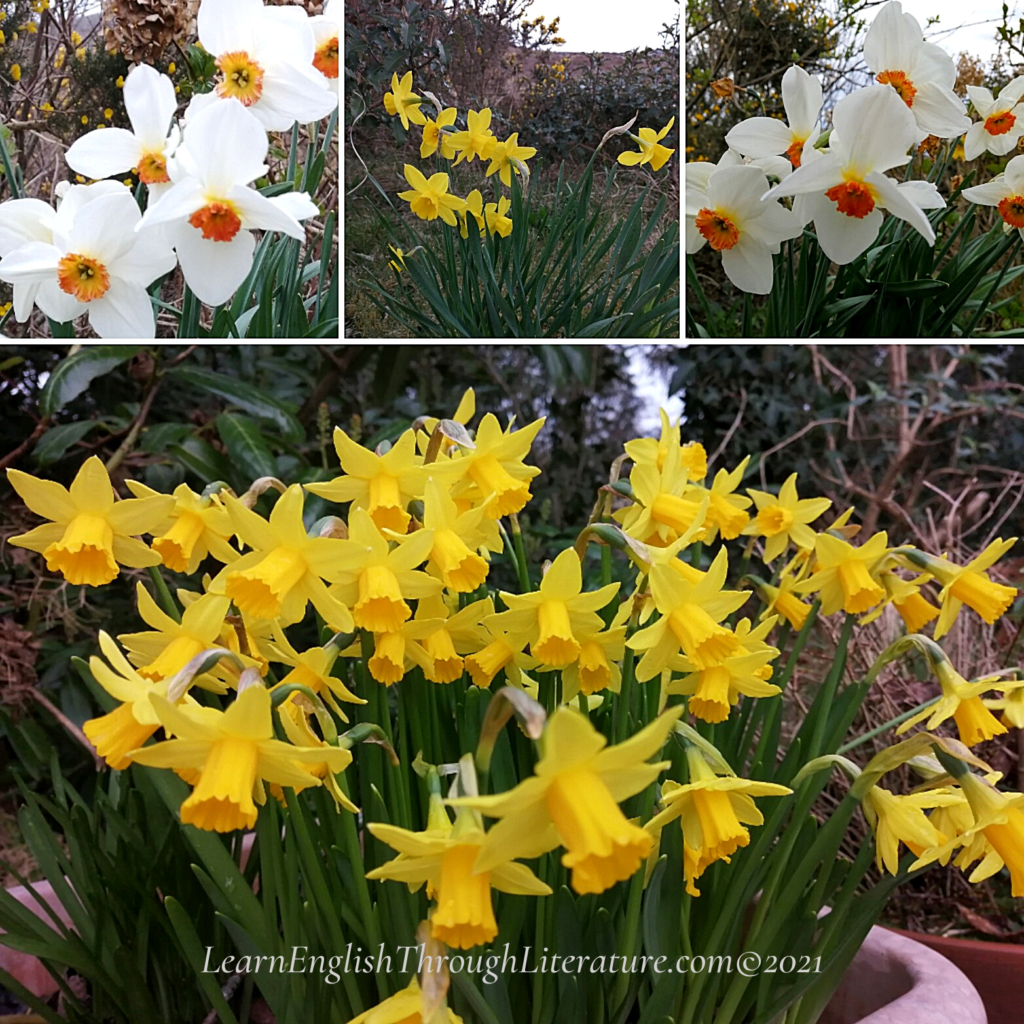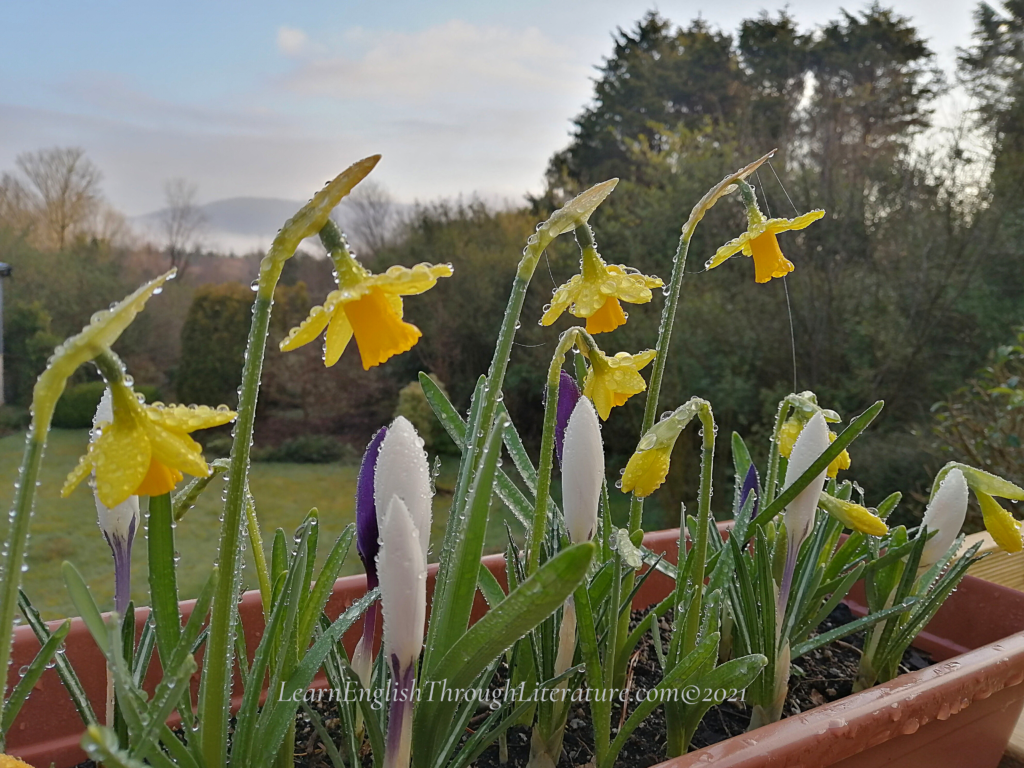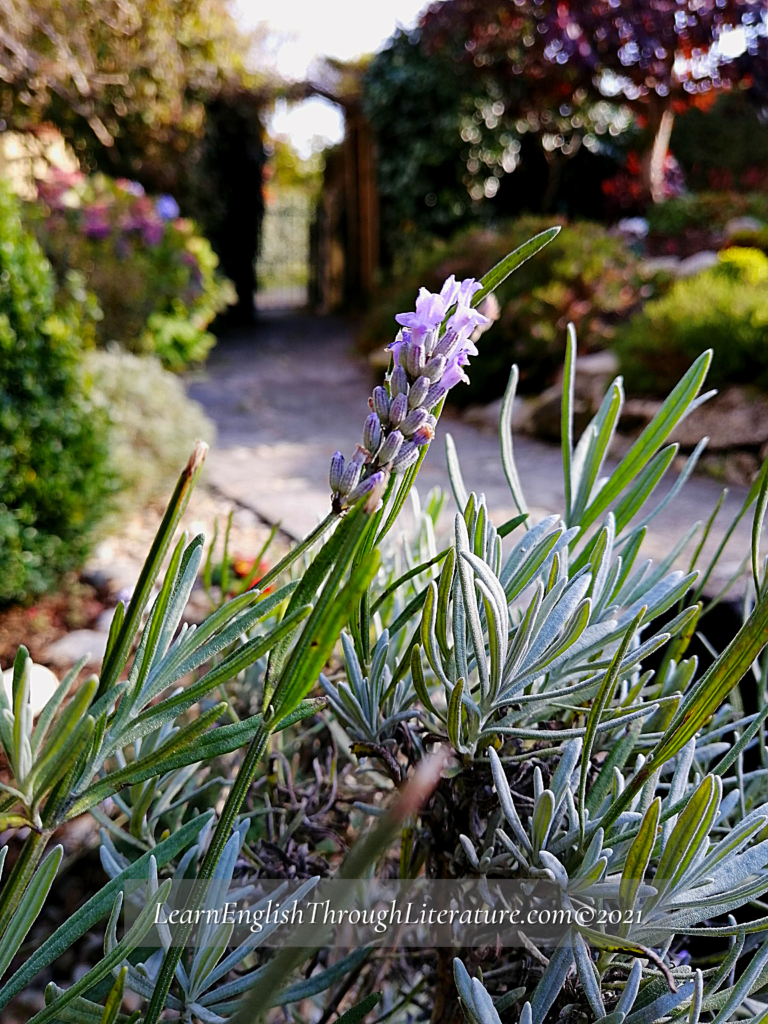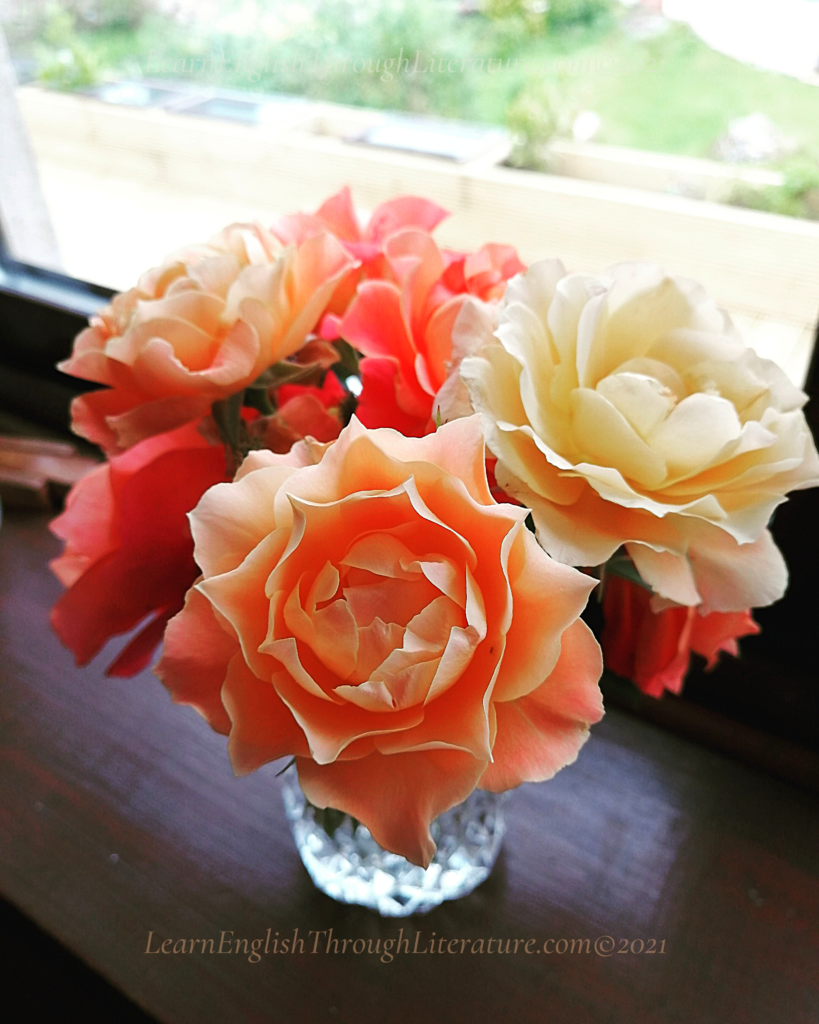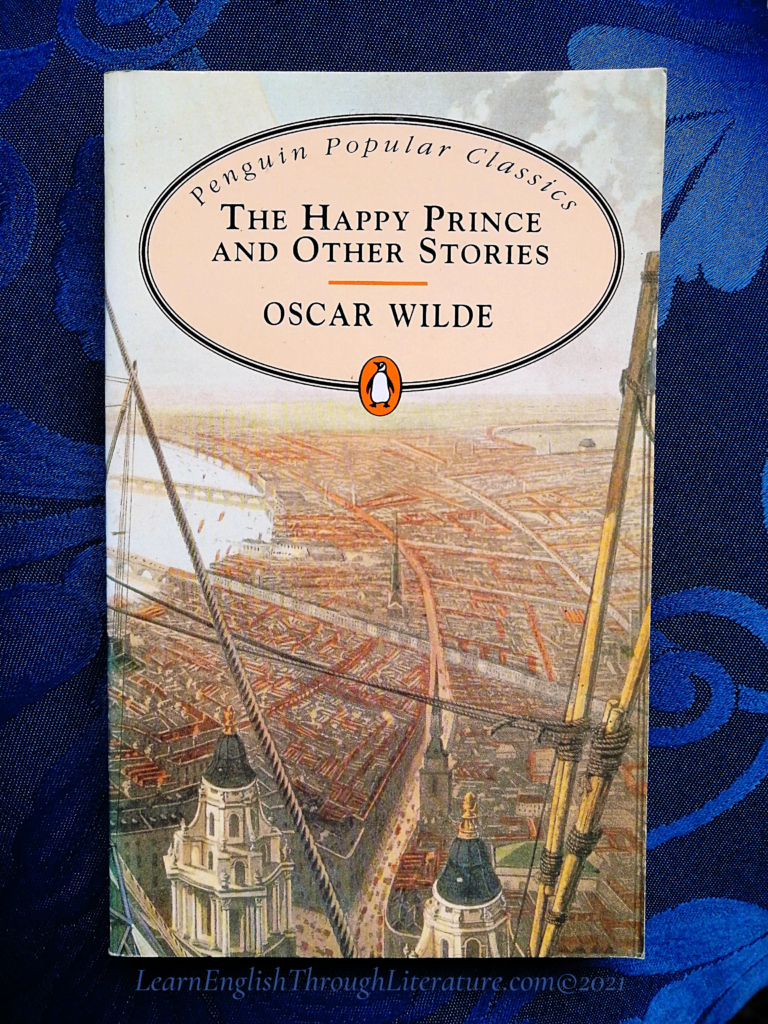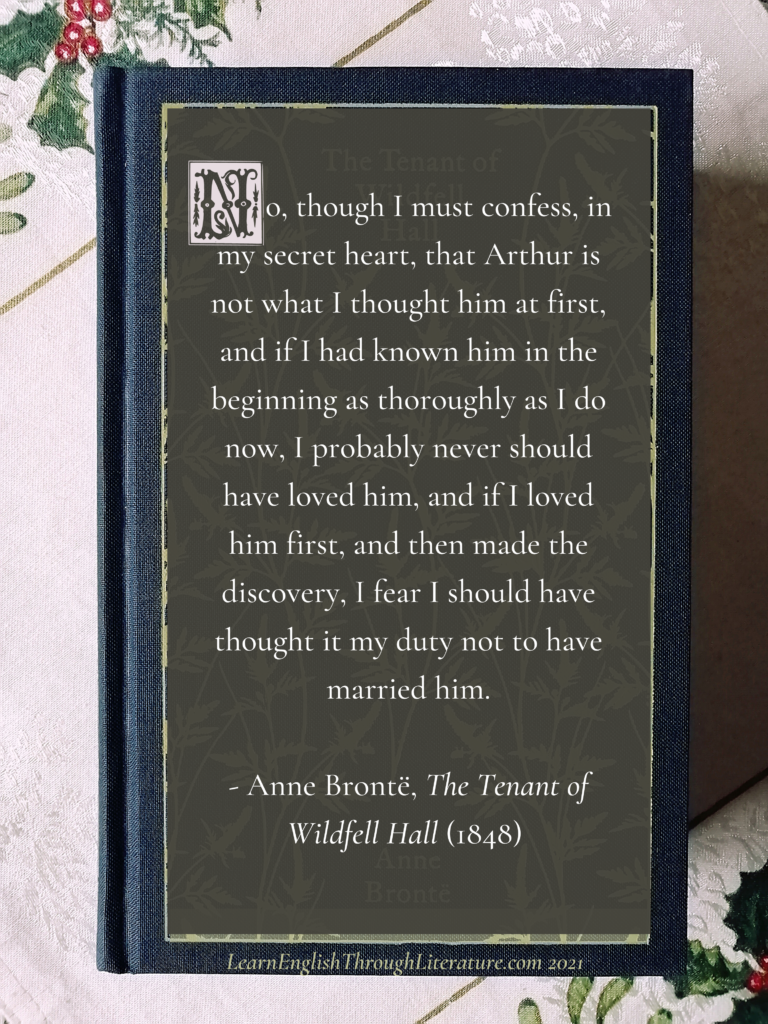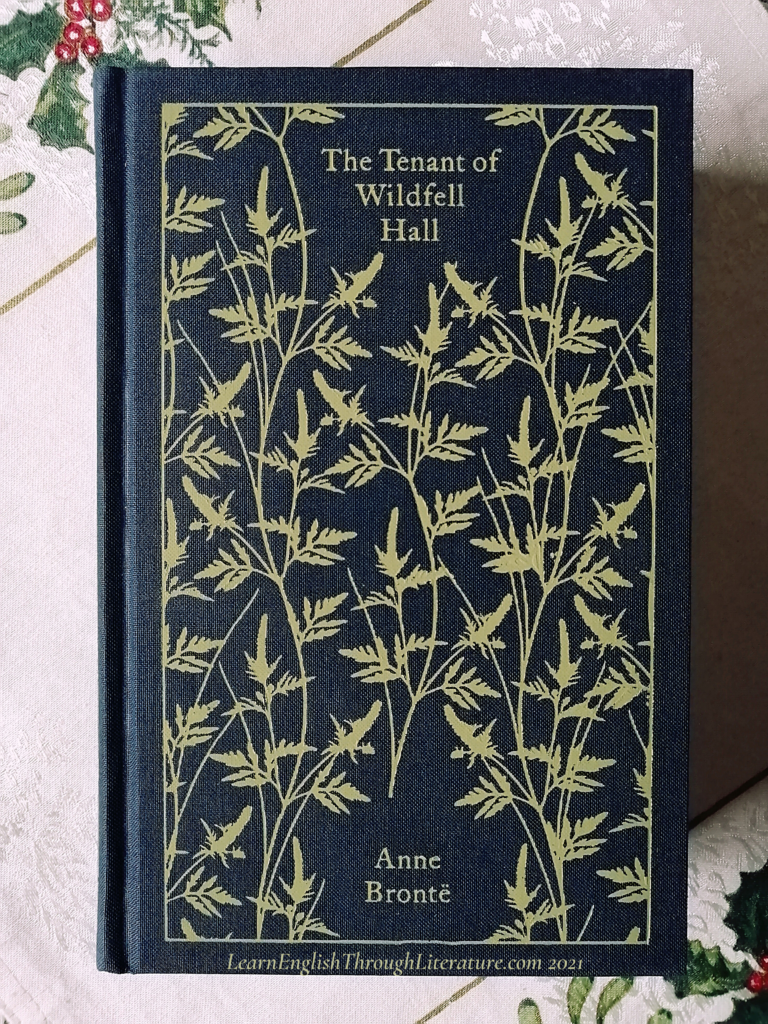Mini-Lesson Monday, Lesson #205 (Part 2): Understanding ‘Used To’ vs ‘Be Used To’ (with examples from Austen’s ‘Emma’)
Welcome to Part 2 of our Lesson, where we will focus on understanding ‘be used to’ and what makes it uniquely different from ‘used to’ constructions (covered in Part 1 of this Lesson). … 📝 ‘BE USED TO’ Be (conjugate the verb) + Used To + Gerund OR Noun ✍️ This construction expresses a state […]

